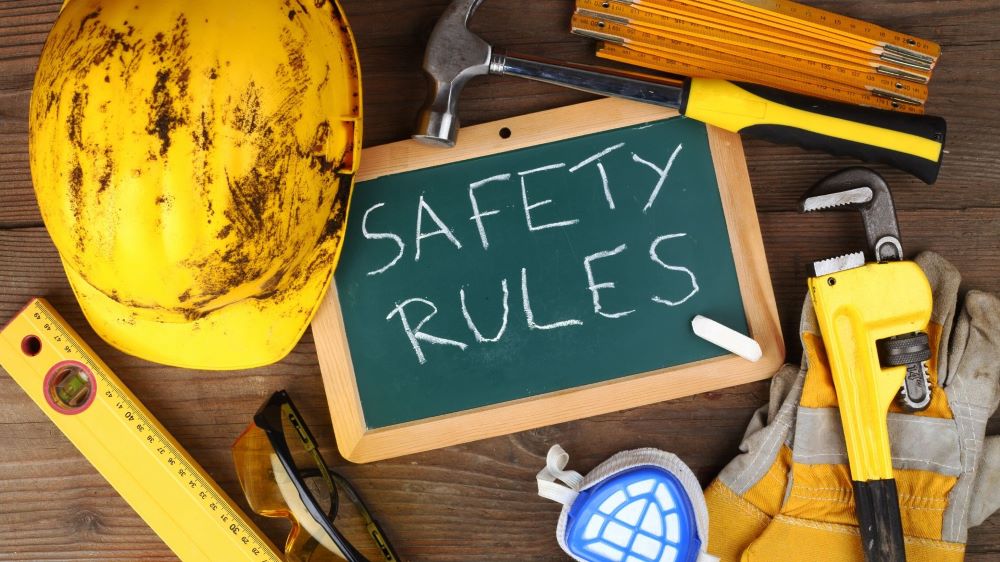No matter what industry you are in, employee safety is a number one priority. According to OSHA, employers pay $1B Dollars per week in workers’ compensation due to accidents in the workplace. These accidents can be caused by, for example, failing to follow the proper safety regulations or forgetting to wear the proper protective gear.
Importance of Safety Programs
For this reason, safety programs have become a vital part of ensuring employees are not injured on the job and resulting in lower workers’ compensation premiums and other costs. Experts on safety programs call for a “culture of safety”, because safety needs to be engrained in employee behavior. Following the proper safety regulations should not be viewed as another rule but should be part of “how things are done around here” – and I completely agree.
However, safety programs are often based solely on physical safety – their cost is more quantifiable and more visible. As safety incidents increase, insurance premiums and workers’ compensation costs also increase. So, people create programs and develop training with the goal to reduce the number of injuries on the job.
Unfortunately, many organizations and their safety managers forget about the psychological side of safety in the workplace. Toxic work environments are breeding grounds for psychological warfare and abuse that causes lower productivity, higher turnover, and even physical problems resulting in medical costs.
For example, workplace bullying has proven to cause a number of physical issues such as high blood pressure, cardiac arrest, and irritable bowel syndrome. It can also result in post-traumatic stress disorder (PTSD), and even suicide.
Cultivating a Culture of Safety
In addition to the physical (and quantifiable) problems toxic environments create, employees are distracted and not giving safety the attention, it deserves. The boss walks by and yells, for example, and the worker operates a machine immediately after, thinking mostly of the incident that just occurred rather than safety.
Toxic environments also create a culture of fear, and employees who are aware of a safety issue will not likely report it for fear of retaliation. Finally, based on a personal experience consulting for an organization, I know that toxic employees might also use safety as a bullying tactic – this individual required the maintenance team to clean out a 200-degree stove because the client needed their order.
Ensuring equitable treatment and opportunities for all employees, regardless of their background, is essential for building a cohesive and high-performing team. This might involve implementing inclusive hiring practices, providing diversity training, creating affinity groups or employee resource groups, and continuously assessing and addressing any disparities in the workplace.
In order to create a culture of safety we must include training and processes for addressing psychologically abusive behavior and workplace culture in addition to the physical safety guidelines already being addressed. Safety is much more than procedures and ensuring the “days with no accidents” sign stays at zero, it’s about making sure employees are thriving and growing at work.
Take a look at your safety program and ask yourself, are sending the right message to your employees? What would the “days with no bullying or harassment” sign read?



